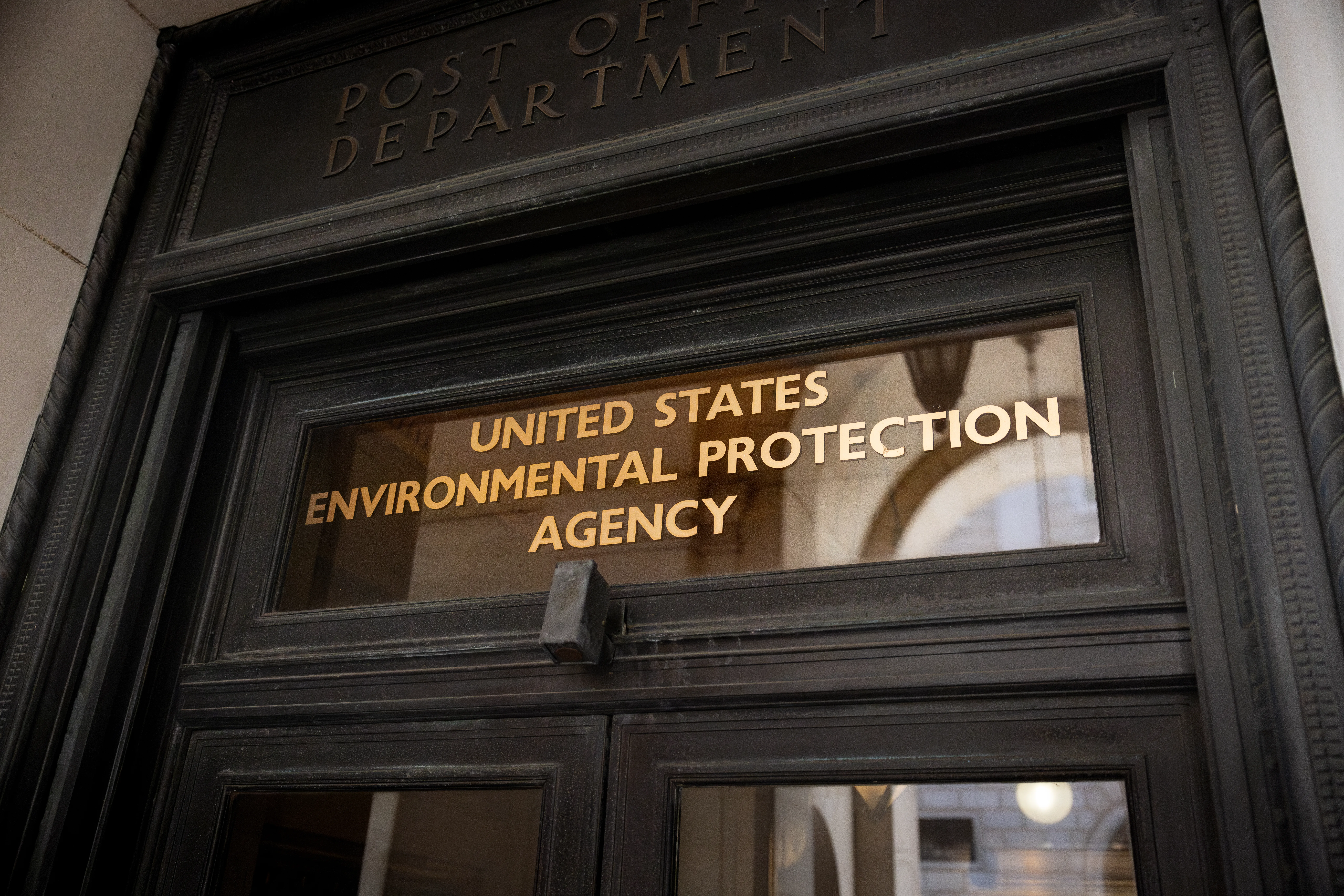
Colorado Supreme Court hears lawsuit on 'unconstitutional tax' that proponents say should be subject to TABOR
The Colorado Supreme Court heard a case on Tuesday that could determine if licensing fees can be considered taxes that should fall under the Taxpayer’s Bill of Rights.
If the court finds that licensing fees are indeed nothing more than taxes, they would be considered unconstitutional and subject to TABOR.
That’s the argument that the National Federation of Independent Business-Colorado is making to the court, according to a statement released by the group.
NFIB and its conservative-aligned allies have long argued that growing fees are a work-around the constitutional amendment that requires voter approval for all tax hikes.
“Through this lawsuit and our arguments today, NFIB has exposed Colorado’s business licensing ‘fee’ for what it is – an unconstitutional tax under TABOR,” said Karen Harned, executive director of the NFIB Small Business Legal Center. “Colorado’s small-business owners should not be the honeypot for the Secretary of State and the non-business programs it administers, like statewide elections.”
The lawsuit was first heard in 2014 but was dismissed in district court. The Court of Appeals later found the case shouldn’t have been dismissed but didn’t rule on if fees were constitutional.
The Colorado Supreme Court first heard oral arguments for the lawsuit on April 10.
NFIB said in its lawsuit that the Secretary of State collects more than $20 million a year in licensing fees, but that “only a small portion of that revenue is used to cover the department’s costs in collecting and managing these filings. Instead, the vast majority of the revenue – as much as 90 percent – is used to fund other unrelated functions within the department, most notably coordinating state elections and directly funding some local elections.”
“These ‘fees’ are in reality a tax – money raised and spent for the general expenses of government. And, as such, the Colorado Constitution … requires that voters authorize this tax,” the group said. “Because no such approval was obtained, the charge amounts beyond that necessary to cover the costs of managing the business filings, along with their authorizing statutes are unconstitutional.”
The constitutional amendment, approved by taxpayers in 1992, is likely to see multiple direct threats over the coming years.
Proposition CC, which will ask voters to allow state government to permanently keep taxpayer refunds usually granted under TABOR, will be on the ballot in 2019.
That measure is being opposed by a coalition of groups, lawmakers and business people.
Last week it was forecasted that almost $40 million total in refunds would be sent back to taxpayers.
Another ballot proposal that would repeal TABOR outright could be seen in 2020 if TABOR opponents collect enough signatures.
















